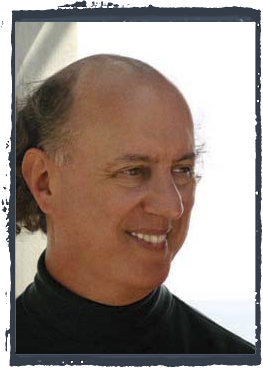The first time I went to Dr. A., an acupuncturist, she used the needles and said that she’d then show me a useful exercise. Twenty minutes later I was off the table, sitting in a chair and wondering if she’d forgotten about the exercise. When I asked, she surprised me by saying, “You’re not ready yet.” I was more surprised when I looked inside myself and realized she was right. So we were silent for a minute, me sitting and she with her quiet eye on me. Then I realized I was ready; and at that moment she began showing me the exercise.
Thus I learned a kind of focused attention that we teachers can use to answer important questions, for instance, whether a new student trusts us yet. For if trust isn’t there, it’s a waste of time to push the pedagogical envelope. But if opening our mouth is greeted with an interested and open facial expression; if our words are taken in, perhaps with a request for elucidation; then trust is present, and we can introduce new work methods and new goals—impossible while the slightest touch of the unfamiliar still elicits defensiveness, dullness or argument.
Of course there are degrees of trust; and students vary in how long it takes to establish a given degree. Some students—not necessarily the easiest to work with in the long term—enter the first lesson ready to trust fully. Some need one lesson; some, half a dozen; and some need, not more lessons but the passage of more time.
My old pal the Curmudgeon had a student who needed five years. At least, it was in their fifth year that this student, a computer scientist, indicated that his trust had solidified, when he volunteered, “You know, I used to think you were the biggest B.S.-er I ever met, with all the stuff you said that I never heard anybody else say. But then I did some research and found out that everything you said was correct!” Curmudge said, “Thanks for taking the trouble!”
In his excellent book, “Experiencing Science,” Jeremy Bernstein mentions this story as a favorite of the great physicist Niels Bohr: In an isolated village there was a small Jewish community. A famous rabbi once came to the neighboring city to speak, and because the people of the village were eager to learn what the great teacher would say, they sent a young man to listen. When he returned, he said, “The rabbi spoke three times. The first talk was brilliant, clear and simple. I understood every word. The second was even better: deep and subtle. I didn’t understand much but the rabbi understood all of it. The third was by far he finest, a great and unforgettable experience. I understood nothing and the rabbi himself didn’t understand much either.” Maybe the Curmudeon’s student had been exposed to too many “third lectures”!
